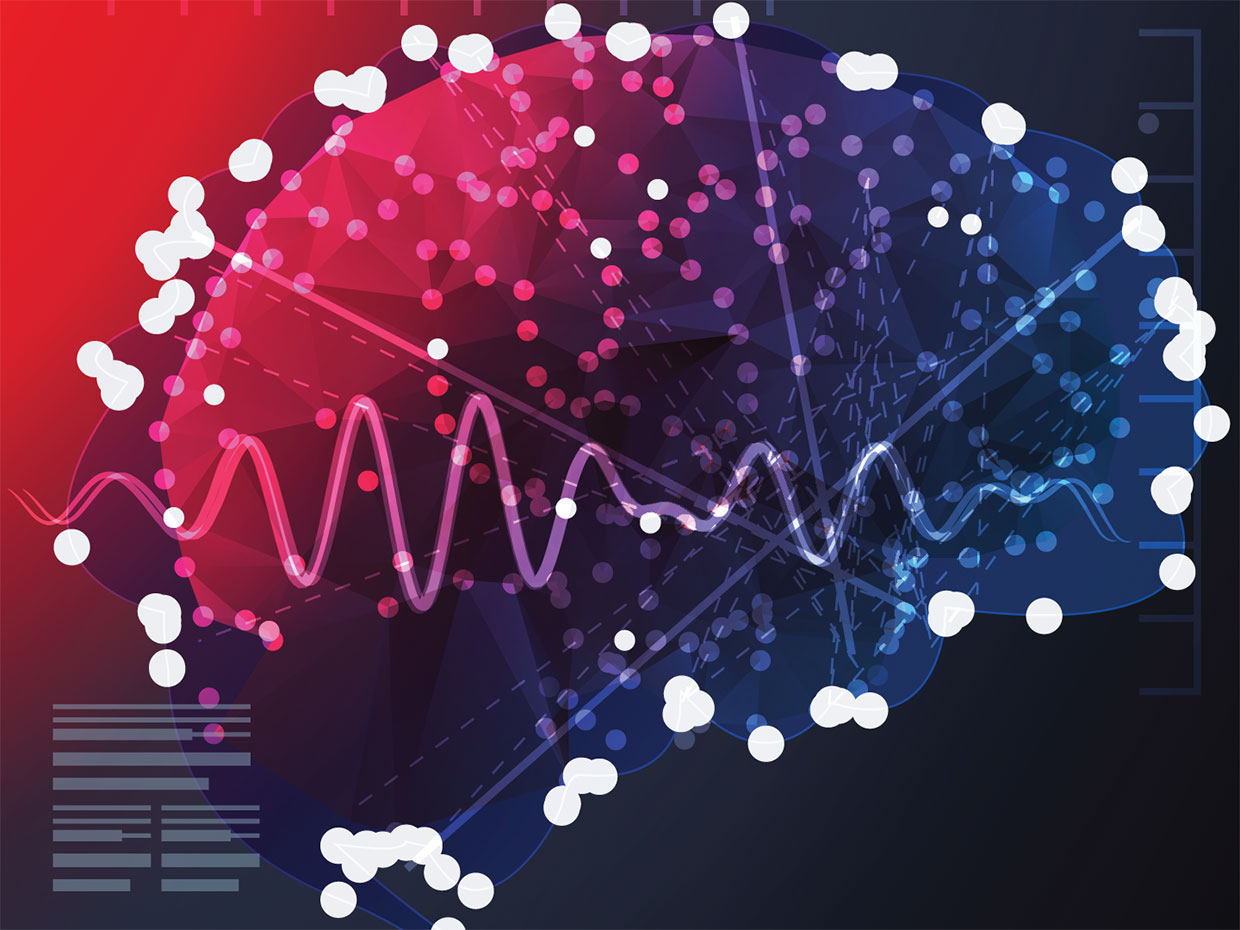Digital & Innovation
New AI system predicts seizures with near-perfect accuracy

Researchers at the University of Louisiana U.S. have developed a new AI-powered model that can predict the occurrence of epileptic seizures up to one hour before onset with 99.6 percent accuracy.
Epilepsy is one of the world’s most common neurological diseases with approximately 50 million people affected. Early prediction of the incoming seizures has a great influence on epileptic patients’ life.
“Due to unexpected seizure times, epilepsy has a strong psychological and social effect on patients,” explains Hisham Daoud, a researcher who co-developed the new model.
Detecting seizures ahead of time could greatly improve the quality of life for patients with epilepsy and provide them with enough time to take action. Notably, seizures are controllable with medication in up to 70 percent of these patients.
Other research groups have worked on ways to analyse brain activity using electroencephalogram (EEG) tests and have used the data to develop predictive models. However, each person exhibits unique brain patterns, which makes it hard to accurately predict seizures. Previous models were designed to do this in a two-stage process, where the brain patterns must be extracted manually and then a classification system is applied, which adds complexity to the model.
The new approach is a novel patient-specific seizure prediction technique based on AI and deep learning, and applied to scalp electroencephalogram (EEG) recordings. In the study, not only was this model very accurate, at 99.6 percent, but it also demonstrated low false positives, at 0.004 false alarms per hour.
Register FREE to receive the latest news, innovations and insights from Health Industry Hub; the only one-stop-hub connecting Australia’s Pharma, MedTech and Biotech industry professionals and its key stakeholders.
The system does require some setup before it can produce such results. “In order to achieve this high accuracy with early prediction time, we need to train the model on each patient,” says Daoud, noting that training could require a few hours of non-invasive EEG monitoring around the time of a seizure, including during the seizure itself. “This recording could be [done] off-clinic, through commercially available EEG wearable electrodes.”
With the software component complete, Daoud says the next step is to develop a customised computer chip to process the algorithms. “We are currently working on the design of an efficient hardware [device] that deploys this algorithm, considering many issues like system size, power consumption, and latency to be suitable for practical application in a comfortable way to the patient,” he says.
You may also like 91% of clinicians use reprints to improve patient care
News & Trends - Pharmaceuticals

Heart Week: Uniting patient and cardiologist voices in shaping a new future for patient outcomes
Coinciding with the start of the Heart Week (9 – 12 May), Professor Gemma Figtree, Interventional Cardiologist and Immediate Past […]
MoreNews & Trends - MedTech & Diagnostics

‘It’s a marathon not a sprint’: Industry leaders chart next steps in medtech’s sustainability journey
Ahead of World Environment Day in June, Jane Crowe, Managing Director of Cardinal Health Australia and New Zealand and Pravin […]
MoreNews & Trends - Pharmaceuticals

Vaccination accounts for almost half of mortality decline in infants
Pharma News: Researchers have mapped the impact of vaccines to mark the 50-year anniversary of the Expanded Programme on Immunisation […]
MoreNews & Trends - Pharmaceuticals

AbbVie, Pfizer and Bayer therapies to be considered at upcoming PBAC intracycle meeting
Pharma News: Therapies from AbbVie, Pfizer and Bayer are due to be considered at the Pharmaceutical Benefits Advisory Committee (PBAC) […]
More